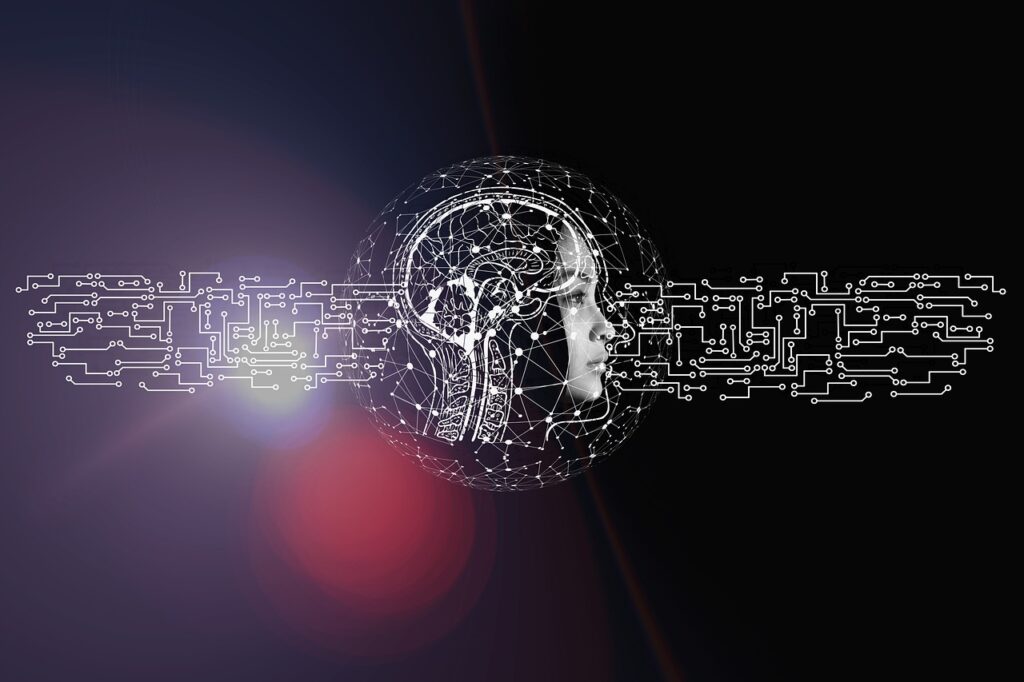Why Web3 may have an answer for AI
May 3, 2023
Less than a year ago Web3 was all over the media as the next big thing. Since the end of the cryptocurrency craze you hardly hear about it anymore. Now it’s AI everywhere you look. The similarity in hype is hard to miss. But don’t think that just because Web3 isn’t making as much noise, blockchain is any less important or less likely to be shaping the future of the internet ¬ and of the sports and entertainment businesses.
The simple fact is that AI is easier to “get” than Web3. You can easily experience it first-hand. All you have to do is pop a question into ChatGPT and say “wow” when you see what comes out. Web3 is about the underlying architecture of the internet. It’s like plumbing. You don’t want to see plumbing, it’s just supposed to work. When the buzz was around Web3, the curious had to buy crypto or an NFT or at the very least you needed to get a wallet.
My point is that AI has now become the hot topic that Web3 and the metaverse were last year, maybe hotter.
The thing that I find striking is that Web3 and AI are at different ends of the spectrum of the future internet.
AI is about centralization. Look at who’s calling the shots in headline-making generative AI at present. The usual Big Tech suspects. Microsoft is behind ChatGPT. Google has countered with Bard. I will also mention Adobe’s Firefly. AI underpins Big Tech. It’s at the heart of Facebook.
Web3 is about de-centralization of the internet. The whole premise is that control of data and interaction will reside, not with the platforms that control Web2 but with individuals and the communities they choose to be a part of. Put simply, the logic of the Web3 vision for internet users is anti-Big Platform (just as the logic of crypto is anti-Big Banks).
Does this mean that AI will not have a place in a Web3 future? Not at all. That would be a backwards step. But it does seem to suggest that the answer-bots would have to navigate the internet in a different way than they currently do, by scraping every bit of Web2 in order to appear all-knowing.
Indeed, it has been suggested that Web3 can be the much-needed “trust layer” protecting us from the potential excesses of AI. Pay attention!
Martin El-Khouri of Bertelsmann Investments, who will be a speaker at the SEG3 Sports, Entertainment & Gaming conference in London coming up June 28-29, told me this week that he sees Web3 as the future of the internet, and that advertising and the media business will be transformed by blockchain and the potential for brands to reinvent their relationships with fans and consumers. Given that Bertelsmann is one of the world’s largest media conglomerates (the 68 TV channels of their RTL Group reach 99% of European homes), anyone in sports and entertainment should pay heed.
In a similar vein, Accenture’s business trends survey shows that executives expect 4.2% of their revenues to come from the metaverse in the next three years.
And yet, the current levels of Web3 attention and understanding still remain far from where they should be. While Web3 and the metaverse are enthusiastically embraced by the initiates, too many sports and entertainment decision-makers have just not got their heads around what is happening. And that’s a shame because beyond Web2 the opportunities for building deeply engaged communities and profitable new businesses are far bigger than they imagine
I’m not sure ChatGPT will tell them that.
By Jay Stuart, Content Director iSportConnect



